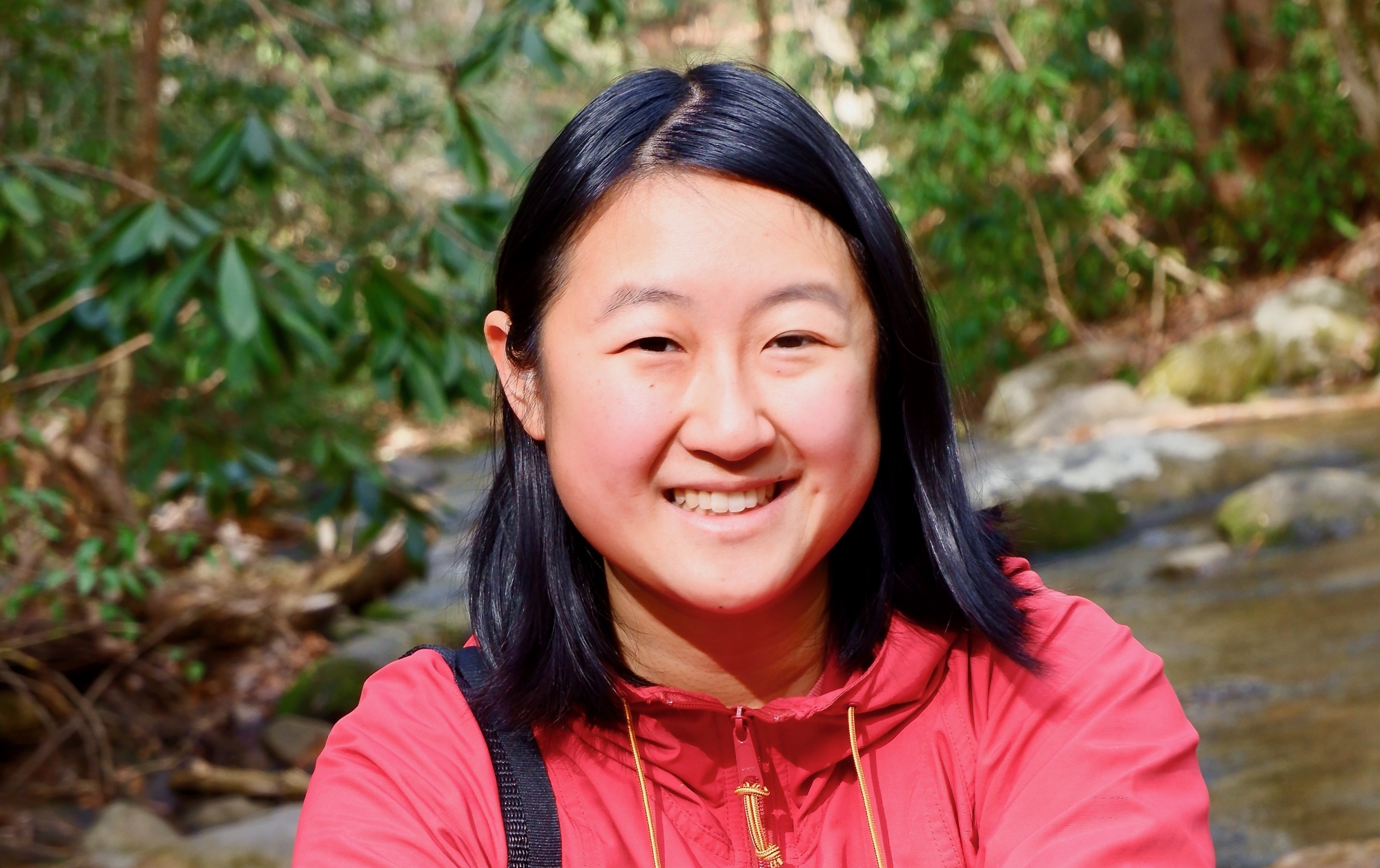RESEARCHERS

The Journal of Agriculture, Food Systems, and Community Development is NAFSN's sister project.
Established in 2012, JAFSCD is the only non-profit, open-access, peer-reviewed, trans-disciplinary, scholarly publication focused on the social sciences of local and regional food systems and community development.
JAFSCD is the leading trade journal for all who work in community food systems.

To keep JAFSCD free to all readers, institutional shareholders in all US states and Canadian provinces pay an annual "share" to cover operating costs.
Shareholder benefits are numerous, and extend to community partners.
Inquire about your state-wide nonprofit organization, academic institute, or foundation becoming a JAFSCD Shareholder today

JAFSCD provides emerging author support to promote cross-cultural sharing of applied food systems research, both topically and methodologically.
This free assistance helps new scholars as well as non-academic, community based authors, practice and achieve the rigor required for publication standards.
Support includes ESL services and mentorship.
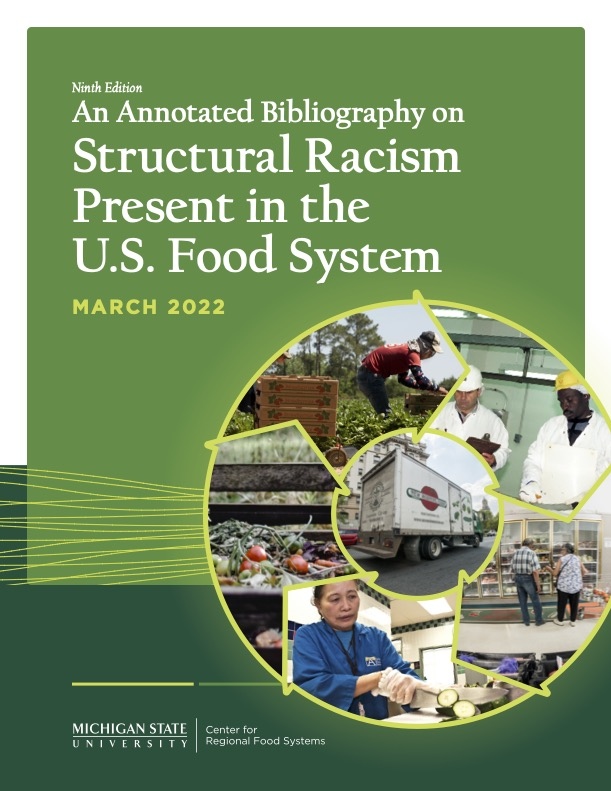
An Annotated Bibliography on Structural Racism Present in the US Food System, 9th Edition
curated by our partners at the Center for Regional Food Systems at Michigan State University
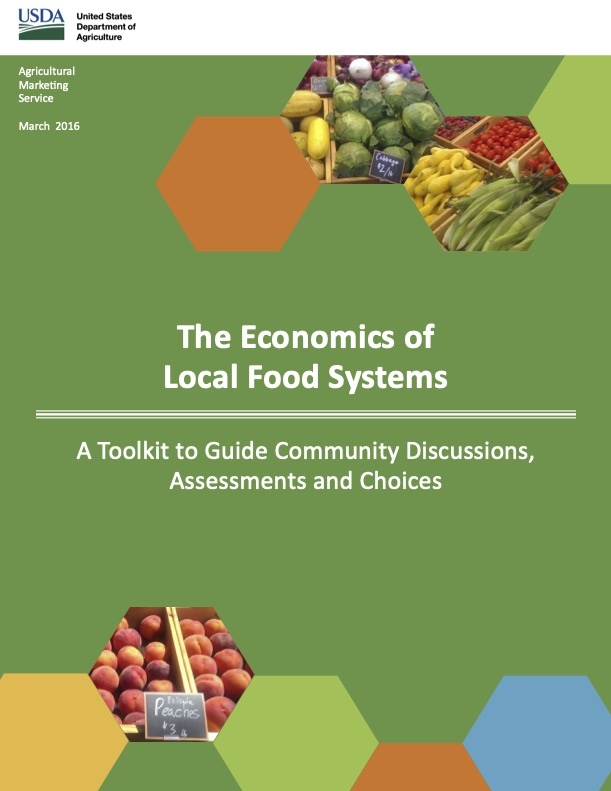
presented by the USDA Agriculture Marketing Services
MORE TOOLS FOR RESEARCHERS
FEATURED FOOD SYSTEMS RESEARCHERS

Dr Charise Breeden-Balaam
With a heart for service and a voice for the unheard, Dr. Charise Breeden-Balaam transforms research into advocacy and struggle into strategy. For Dr. Breeden-Balaam, the fight for food justice isn’t theoretical. It’s personal, purposeful, and rooted in the stories of students she refuses to let go unheard.
A committed scholar, social worker, and community voice, Dr. Breeden-Balaam brings the full force of her expertise, lived experience, and servant heart to the issue of food insecurity in college students. From her role as Field Director for the Social Work Program at Marymount University in Arlington, Virginia, to her roots in community-based activism and research, her mission is crystal clear: serve those most overlooked, and serve them well.
“I’m here on purpose, with purpose,” she says. “Everything I do is intentional. It’s rooted in service.” And that service centers on a population that’s too often left out of campus conversations: students who are hungry, students who are parenting, students who are working multiple jobs, couch-surfing, or simply trying to survive while trying to succeed.
Dr. Breeden-Balaam’s passion stems not just from her academic training, but from her identity as a woman of color in spaces where those like her are underrepresented. Her dissertation – a mixed-method study titled Assessing Food Insecurities at an Urban Institution – was both personal and deeply political. She surveyed and interviewed students from the Educational Opportunity Fund (EOF) Program at a community college, many of whom were first-generation college students, Pell Grant recipients, parents, and students of color. What she found was sobering.
“Food insecurity doesn’t discriminate,” she explains. “It wasn’t about race or gender – although students of color and parenting students were hit the hardest – but about
Myrna Cadena
At the unusual intersection of animal health and computational social sciences is the work of Myrna Cadena, a PhD candidate studying animal biology at the University of California-Davis. She and her professor, Dr. Maurice Pitesky, have launched an innovative new mobile app that could help thousands of backyard and small-scale poultry producers across the country advance biosecurity in their operations.
The importance of preventing disease and infection among these small-scale poultry producers was apparent during COVID, when disrupted supply chains heavily impacted large meat and egg producers. The U.S. food system's reliance on these big producers led to the empty grocery store shelves experienced by many in those uncertain times. Myrna explains that the vulnerability of these large operations has continued to show itself since then. "Now we're seeing a lot of outbreaks of highly pathogenic avian influenza. In California, that virus has leaked into commercial facilities before, which has led to the mass culling of millions of birds across the US. This has led to an increase in egg prices, so lots of people weren't able to buy as many eggs. But [people who] had their backyard chickens were doing okay."
Enter Community Chicken. The app, intended to strengthen this crucial alternative source of eggs and poultry, consists of six learning components - nutrition, bird behavior, health assessment, vaccinations, husbandry, and biosecurity. Users can watch short informational videos that give demonstrations of biosecurity practices, some of which include how to vaccinate a chicken or how to set up a chicken coop that prevents disease transfer from wild birds. There is also a chat feature that connects users to an expert should they have any questions. For now, those experts are, in fact, Myrna and Dr. Pitesky themselves.
A native of the fairly urban city of San Diego, Myrna did not foresee ....
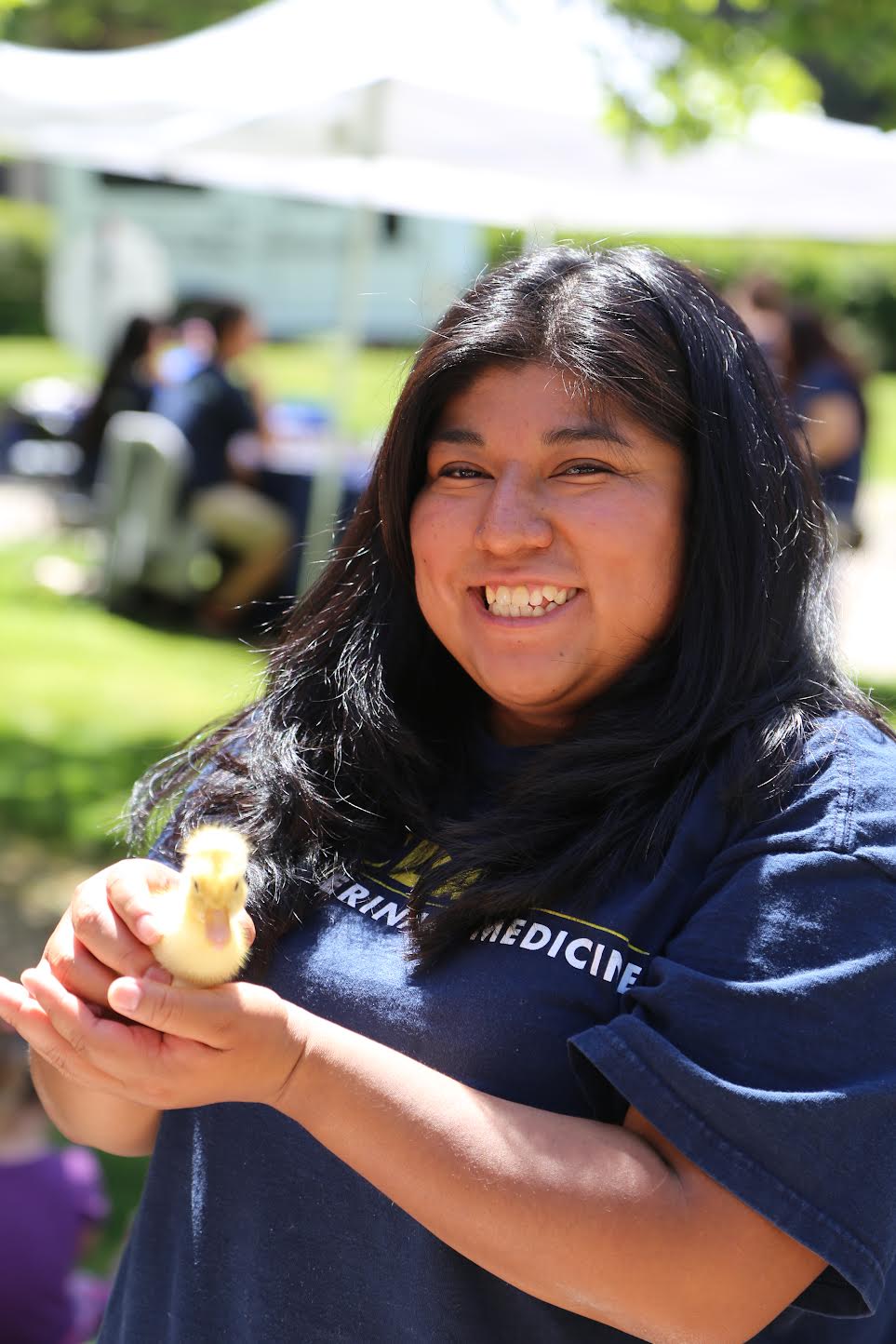
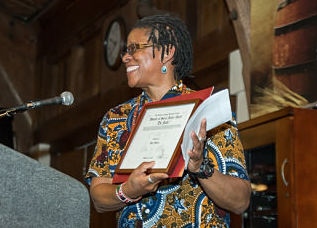
Dr Gail Myers
Cultural anthropologist and filmmaker Gail P Myers, PhD, who is also a founding member and former Leadership Chair of NAFSN, used the profound year of 2020 to coordinate fundraising for a documentary of interviews with Black farmers - stories from the South that she filmed in 2012.
The resulting film, Rhythms of the Land, is currently in post-production. The plan, she said, is to have it ready to schedule full-feature showings by Fall 2021. Virtual screenings of the trailer, first shown on Feb 27, 2021, spotlight a few of the over 30 interviews that weave a "compelling story of love for family, land, God, and community."
Her four-week, 10,000-mile journey covered ten Southern states and ultimately led to uncovering her own family's 300-acre farm - miraculously still intact ....
Working at the sensitive crossroads where human dietary behaviors intersect with food security and food waste, you will find Virginia Tech PhD candidate Susan Chen, knee-deep in research.
The questions she poses are simple yet daunting. Almost philosophical. "If a child sucks the juice from an orange slice," she asks, "but doesn't actually eat the orange, is that food waste? And - if it is - then how do we measure that?" Indeed, matters of orange-sucking vs orange eating are at the root of myriad conversations among a range of food systems professionals: carbohydrates with and without fiber, consumer and produce waste, convenience and scratch cooking, just to name a few.
Susan notes that there just aren't many people studying food waste as it relates to nutritional disparities. Food security solutions may be discovered by better understanding the links ....
